When’s the last time you read a book that changed how you saw the world? A book with vivid characters and a gut-wrenching plot, a book that you couldn’t put down until hours had passed and the sun had gone down. In the age of infinite entertainment, with literally thousands of shows and movies at our fingertips, reading experiences like these are becoming rarer and rarer. Benjamin Franklin once said, “Either write something worth reading or do something worth writing.” His quote emphasizes how much of an impact reading can have on our lives. This list draws from the advice of a handful of graduate students and professors to show you ten ways to become a better reader.
If you’re looking for advice on how to improve your reading habits and why you should read more, look no further.
1. Recognize distractions

Most interviewees mentioned the difficulty of carving out time for focused reading. Now more than ever we have so many distractions, including social media, Netflix, and whatever other media sources and apps you may use. “I’ve realized that reading deeply, for me, requires that I don’t have a screen around at all (one reason it’s hard for me to read on my computer!). If I want to be completely concentrated, I have to put my phone in another room or in my bag or something. I just can’t go back and forth between the text and the screen,” said Claire Ittner, a graduate student at UC Berkeley. One common pitfall is overscheduling commitments in the day, leaving little time to actually read. All college students know the struggle between reading and binge-watching a favorite show. Consider getting your reading out of the way first, and then leave evenings to unwind with a show.
2. Read actively

Once you recognize distractions, it’s important to read actively. “If I have a reading goal or deadline for understanding a piece of literature, I make sure to start reading well in advance, as well as highlight and annotate the work (I really like the app Notability). After I am done reading, I either write out or make mental bullet points of key takeaways,” said Madison Browne, a graduate student at UC Berkeley. Annotating the margins, underlining unfamiliar words or concepts and thinking carefully about the main argument or key points are all great ways to better comprehend the material. Another strategy is to keep a running list of those unfamiliar words and then make flashcards to quiz yourself.
3. Read physical books
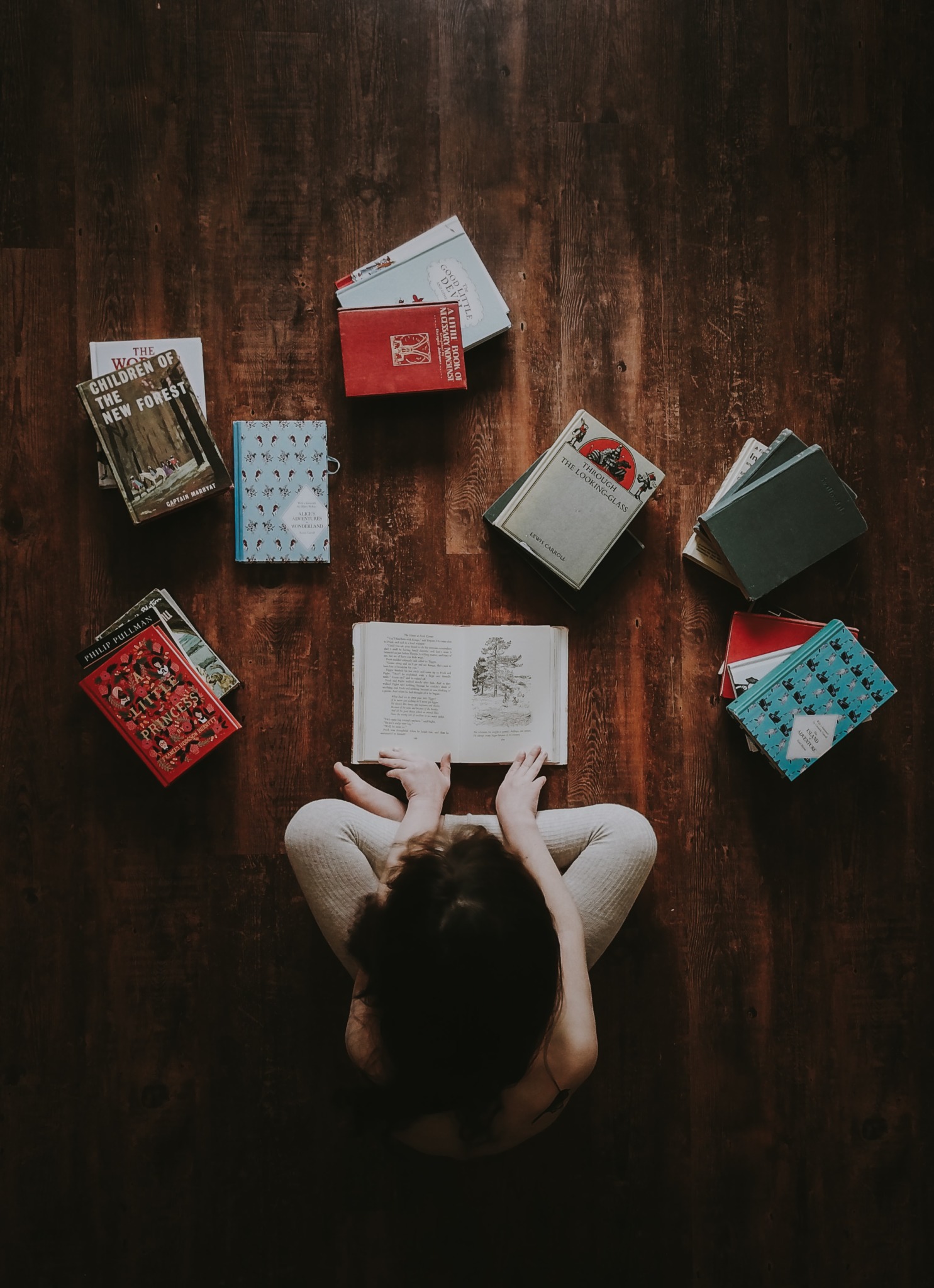
Digital readers like the Kindle are all great, but they will never replace physical books. You can’t dog-ear favorite pages with a digital reader, or doodle in the margins during lecture, or rip out pages and tape them to your wall. You can’t burn them in a campfire or accidentally drop them in the bathtub or hollow them out to make nifty secret compartments. You can loan books to friends and smell how old the pages are and bring them along for train rides or flights. Books don’t run out of battery or glitch out unexpectedly. Books are tactile and transparent in a way that screens will never be. And one day, those books will end up on a bookshelf together, neatly lined up and cherished.
4. Choose carefully

Emily Dickinson once said, “If I read a book and it makes my whole body so cold no fire can warm me I know that is poetry. If I feel physically as if the top of my head were taken off, I know that is poetry.” While the quote may be specific to poetry, it applies to all literature as well. You should read books that excite you and challenge you, books that offer different perspectives and force you to grow as a reader and a person. Our time in the world is limited and it may not be wise to spend time on works that don’t move you.
5. Read with empathy
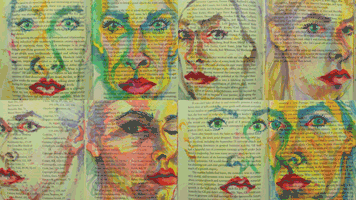
Reading books can help you become a more empathetic person. Approaching what you read with an open mind and stepping into different worlds can change how you approach situations. “Recent research has suggested that reading fiction makes people more empathetic because it allows us to inhabit complex emotional realities that are not our own. I think of reading as a practice that makes me a better person because it expands my emotional universe. And, under shelter-in-place orders, when my physical world is very small, I love being able to get outside my own circumstances and spend time with other people on the page,” said Emily West, a professor teaching a course called California in the Cinematic Imagination at UC Berkeley. During a time where physical travel is restricted, it’s wonderful to think that we can still travel through the books we read.
6. Read to learn more about yourself
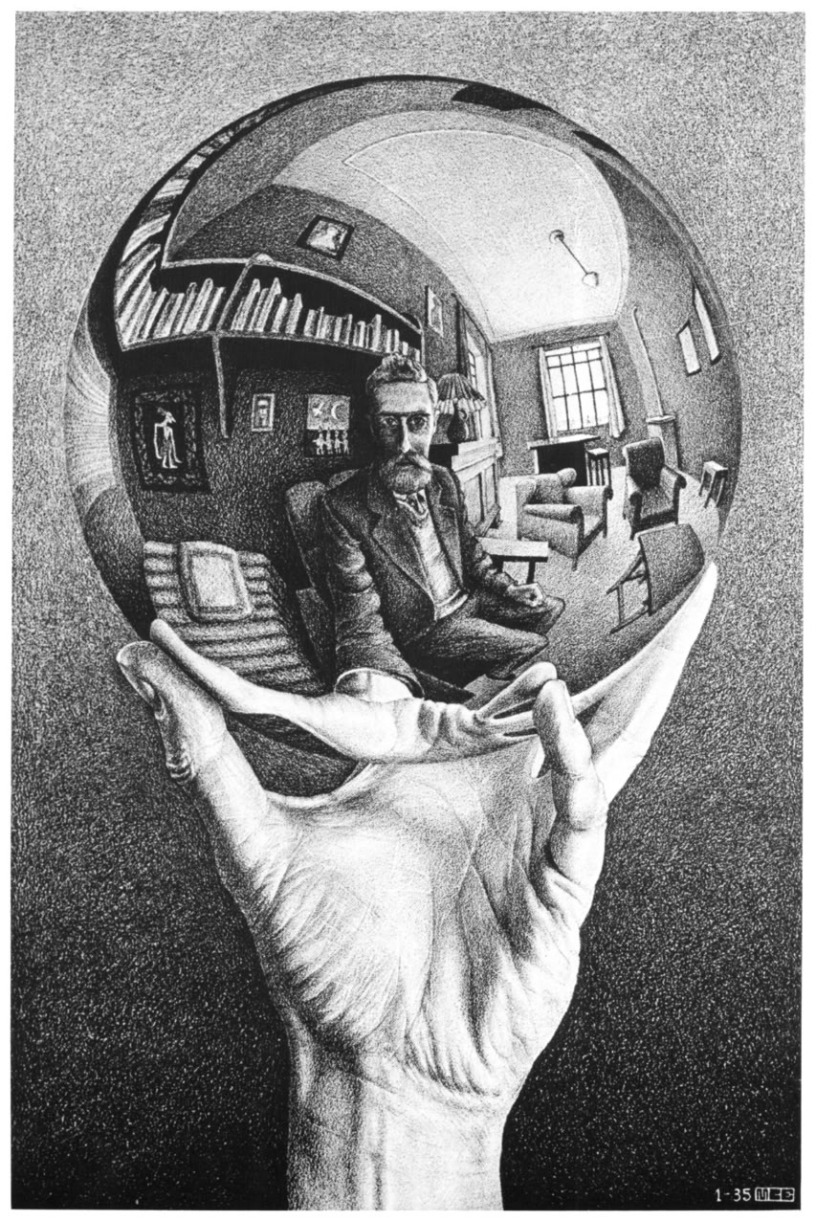
Just as reading can expand your understanding of the external world around you, reading can also expand your inner world, fostering introspection. “Reading asks us to call our minds to connections. The more connections you can make, the more forgiving the world can become, as it flexes with your imagination as opposed to external opinions and expectations. In a word, our ability to map connections renders us open to the possibilities of self-reliance. The more stories you know, the more depth and character the map takes on, the more places you can go and more ways open to you to get there,” said Nicole Badovinac, an instructor of Modern Poetry at UC Berkeley. Ralph Waldo Emerson wrote an important essay on Self-Reliance, which would later inspire Thoreau’s own solitary musings in Walden. I actually haven’t read either works (whoops!) but one of my most interesting and self-reliant friends touted how influential both were.
7. Read to understand current events
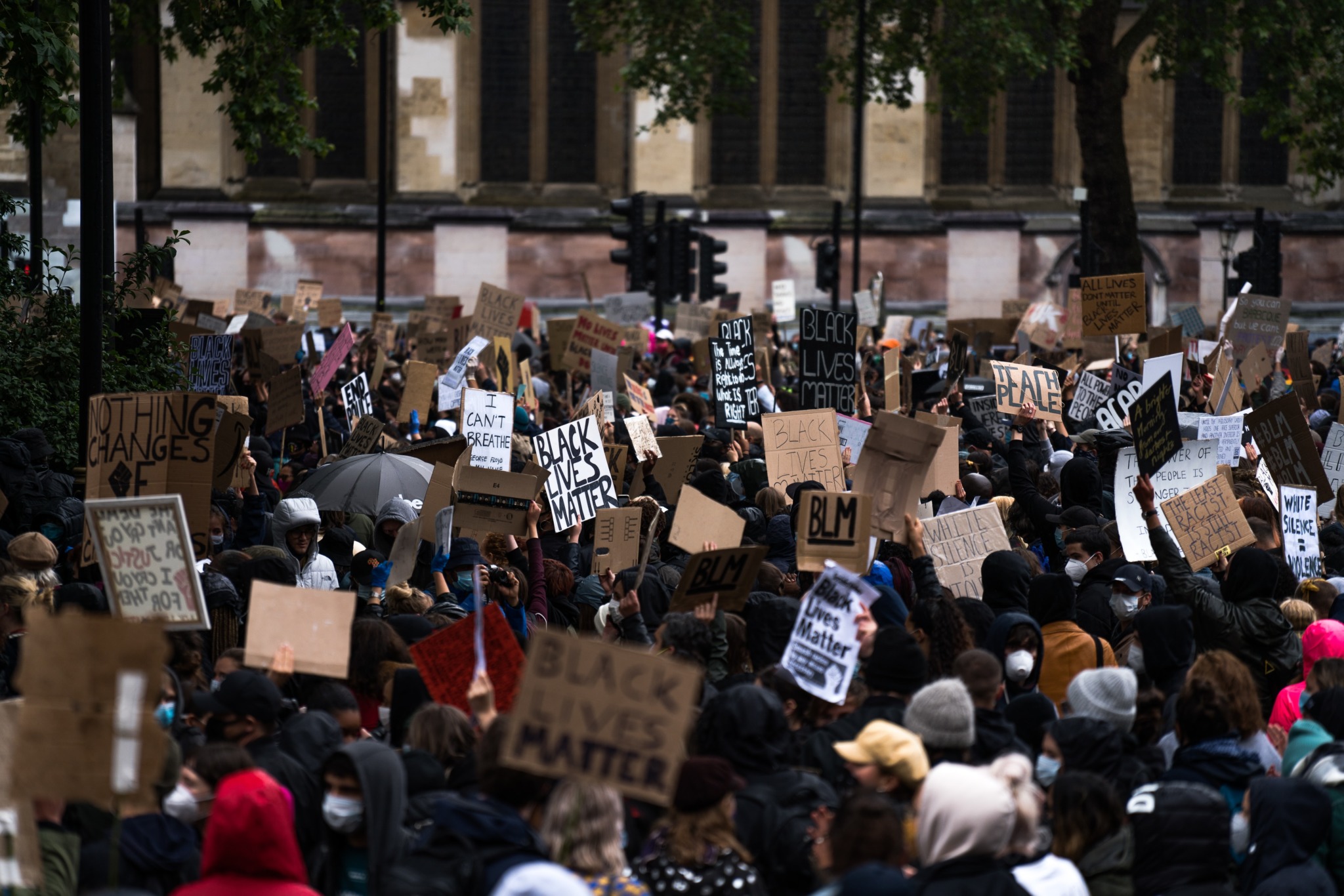
Being a global citizen means being aware of what’s going on in the world and the history that preceded current events. The recent protests surrounding George Floyd’s death belong to the history of the Black Lives Matter movement and the Civil Rights movement. “Over time, as I’ve changed and the country has changed, and I became a journalist, I read more nonfiction & current affairs. It has felt necessary to me to be more plugged in to what’s going on nationally and internationally and understanding the historical trends that have brought us where we are,” said Cheryl Colopy, a professor teaching Reading and Composition at UC Berkeley. Educating ourselves with the knowledge of past and present can help us ascertain where we are going next.
8. Slow down
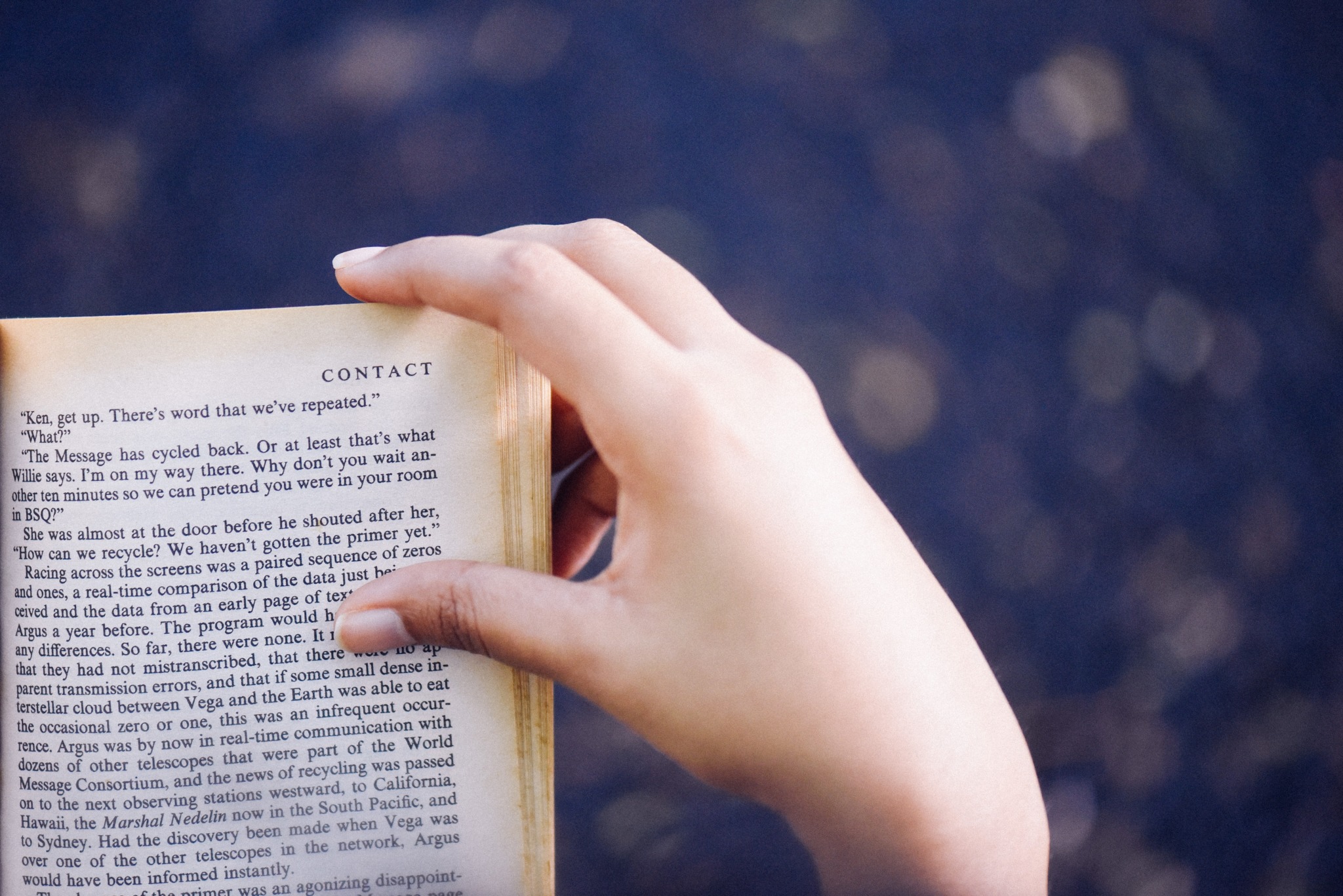
It’s tempting to race towards an impressive number of books read per year, but this mindset might be harmful in the long run. If we don’t actually take the time to mull over, question and ultimately feel changed by what we’re reading, we’re missing out on deeper understandings. When Robinson Crusoe gets stranded on an island, he decides to read the Bible every day. Crusoe says, “In the Morning I took the Bible, and beginning at the New Testament, I began seriously to read it, and impos’d upon my self to read a while every Morning and every Night, not tying my self to the Number of Chapters, but as long as my Thoughts shou’d engage me. It was not long after I set seriously to this work, but I found my heart more deeply and sincerely affected with the wickedness of my past life.” There’s no shame in being a slow reader, and it’s not worthwhile to speed-read through a text if that means compromising your understanding.
9. Becoming a better reader takes time
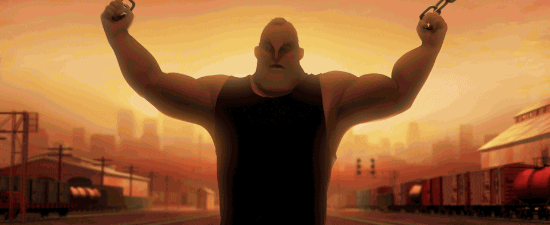
Like any skill, it takes time to become a better reader. “The more I read, the greater my knowledge base, vocabulary, and writing skills improve. I believe that frequent reading makes all learning easier, and this is a common denominator among successful people of all careers,” Browne said. Stephen King recommended that people ought to read for 5 hours every day. If that seems like an extreme number, even devoting one hour every day can make a difference. Dedicating time each day to read actively and deeply can make a profound difference over time.
10. Book recommendations

Here’s a list of great recommendations pulled from interviewees.
- Sophie’s World
- Thus Spoke Zarathustra
- The Uninhabitable Earth
- The Wake
- Parable of the Sower
- Nature’s Mutiny
- The Swerve
- The Overstory
- Under the Skin
- Mating in Captivity
- Jacob Lawrence: The Migration Series
- Affective Communities
- Half of a Yellow Sun



















